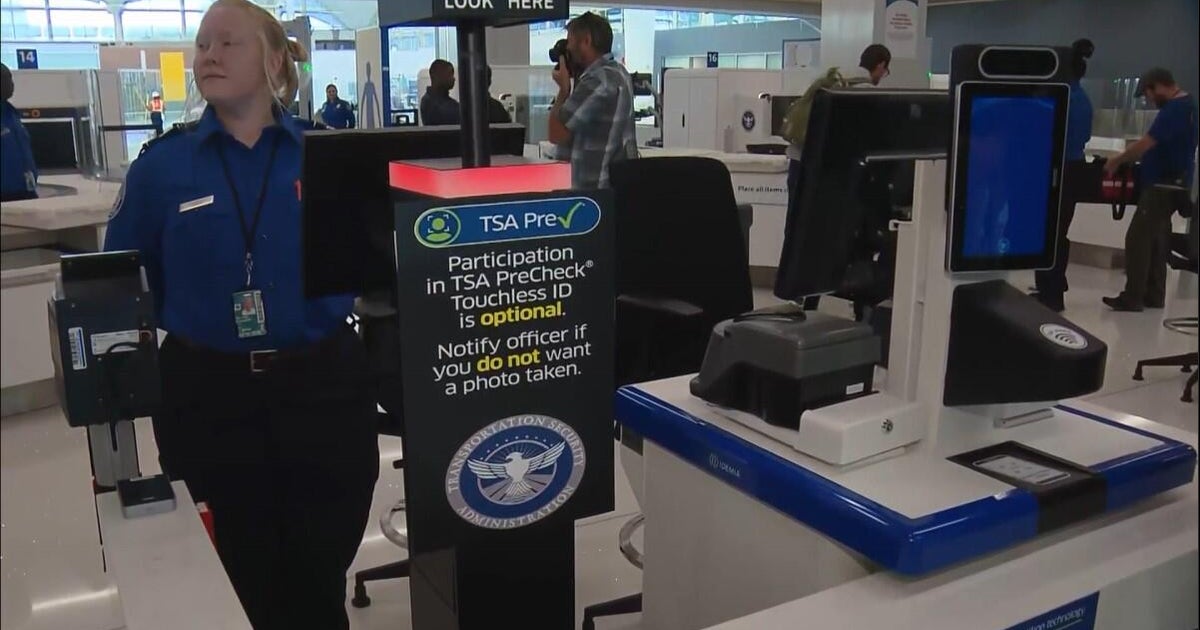Gay Marriage Legislation Advances In State Senate
SPRINGFIELD, Ill. (AP) -- A strict party-line vote Tuesday sent proposed gay-marriage legislation to the Democrat-controlled Illinois Senate floor for the second time in a month.
The Executive Committee voted 9-5 in favor of the plan despite Republicans' concerns that it will force resistant religious organizations to open their parish halls and fellowship centers -- if not their sanctuaries -- to gays and lesbians seeking marriage ceremonies.
Senate President John Cullerton (D-Chicago), predicts the body's 40-Democrat majority will find the 30 votes necessary to make Illinois the 10th state to give marital rights to same-sex couples. He wants a Valentine's Day floor vote next week.
"Same-sex couples want to marry," sponsoring Sen. Heather Steans (D-Chicago) said, "for the same reason we all do: For the common respect, commitment to families, the obligation and the benefits that come with marriage."
Steans shepherded a similar bill to the floor just after New Year's -- in the final days of the last General Assembly -- but scuttled a floor vote when she couldn't count on enough votes. She said a change in the language makes it clear that churches and other houses of worship will not be obligated to solemnize gay unions. But Republicans remain concerned that religious organizations will be sued over shutting their doors to same-sex celebrations.
Sen. Dale Righter (R-Mattoon), through his questioning of the legislation's supporters, was able to establish that those institutions' obligations are covered by the state's human rights law. The gay-marriage measure doesn't address the responsibilities of any place deemed a "public accommodation," and Righter said the matter won't be settled until expensive and time-consuming lawsuits are settled.
"Now we have to evaluate what public accommodations are for purposes of whether or not churches would be required to allow same-sex couples to use their facilities," he said.
Republicans are realistic about their odds. Illinois public opinion has grown quickly in favor of gay marriage. President Barack Obama, an Illinois Senate alumnus, has publicly favored it. Four November ballot issues in other states approved of gay marriage or opposed bans on it.
Even the Illinois GOP party chairman came out for it last month. Many in the party acknowledge approval is inevitable and are hoping it moves on quickly and quietly without doing too much political damage to the right.
The state approved civil unions -- legal recognition of a partnership between two people, regardless of gender -- just two years ago. But gay-marriage supporters don't believe it's enough.
"People often unintentionally offer our relationship less respect because marriage is the standard in our society," said Bloomington resident Danielle Cook, who is in a civil union with her partner of many years, Suzie Hutton. The couple has a 15-year-old son.
"Marriage is the standard for people to define a relationship based on love and common commitment," Cook said. "Our relationship is a marriage."
But Joseph La Rue, minister and legal counsel for the Scottsdale, Ariz.-based Alliance Defending Freedom, said the bill's language discriminates against religious organizations precisely because it relies on the state human-rights law. That law doesn't force a church to hire someone who professes a different faith, but it's not clear what would happen to a Catholic who's in a same-sex union, he said.
"The church will not be able to refuse to hire them on the basis of their same-sex marriage if they're of the same faith ... ," La Rue said. "The Catholic diocese could be faced with an application for employment for a receptionist -- who is the face of the diocese -- who is in a same-sex marriage ... and under your Human Rights Act, could be required to hire that person."
Supporters stressed that regardless of gay-marriage legalization, those questions would be dealt with under laws already on the books.
"Any obligation that a church or other institution has to open its doors to same-sex couples already exists before this bill," said Christopher Clark, attorney for the Lambda Legal regional office in Chicago. "It exists for purposes of the civil union law, for that matter, and yet we have not seen a run on the courthouse either post-civil union law or in other states that have allowed marriage equality."
(TM and © Copyright 2013 The Associated Press. All Rights Reserved. This material may not be published, broadcast, rewritten or redistributed.)







